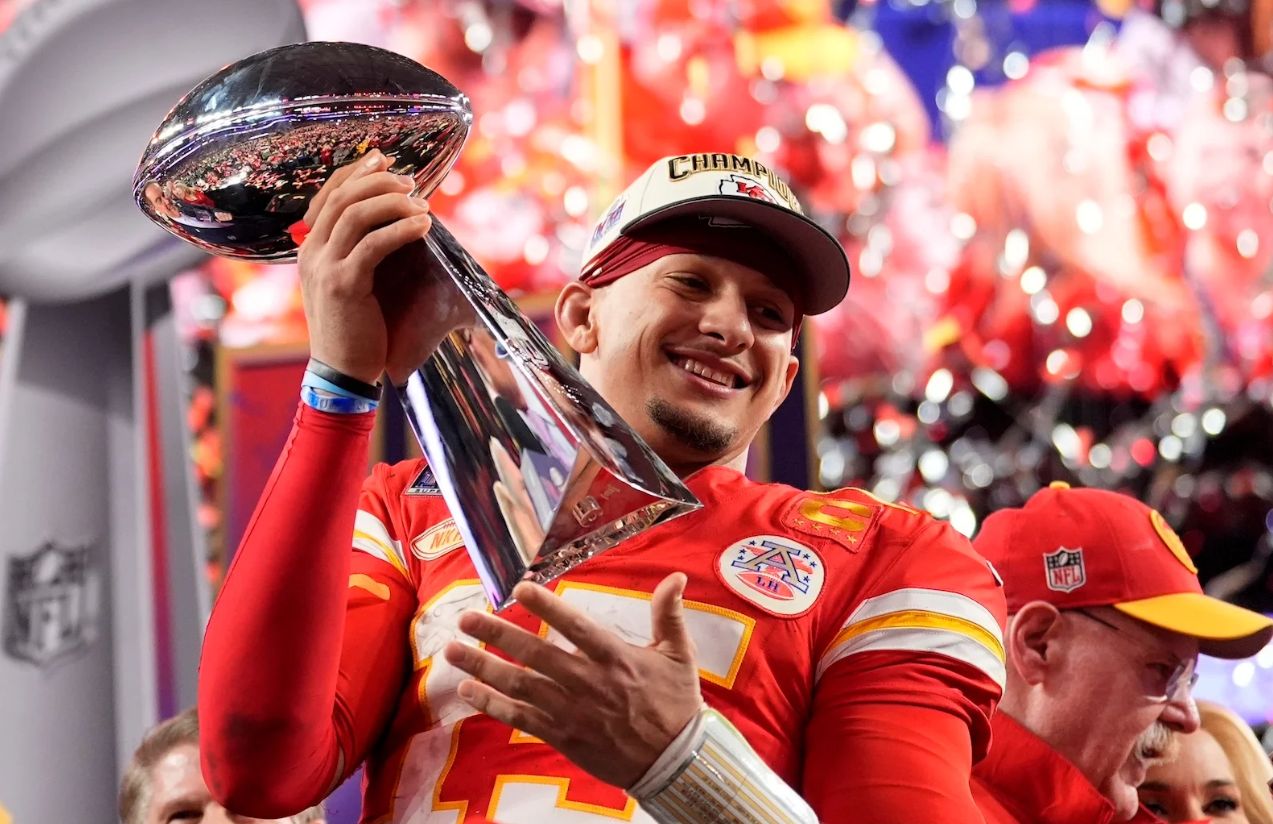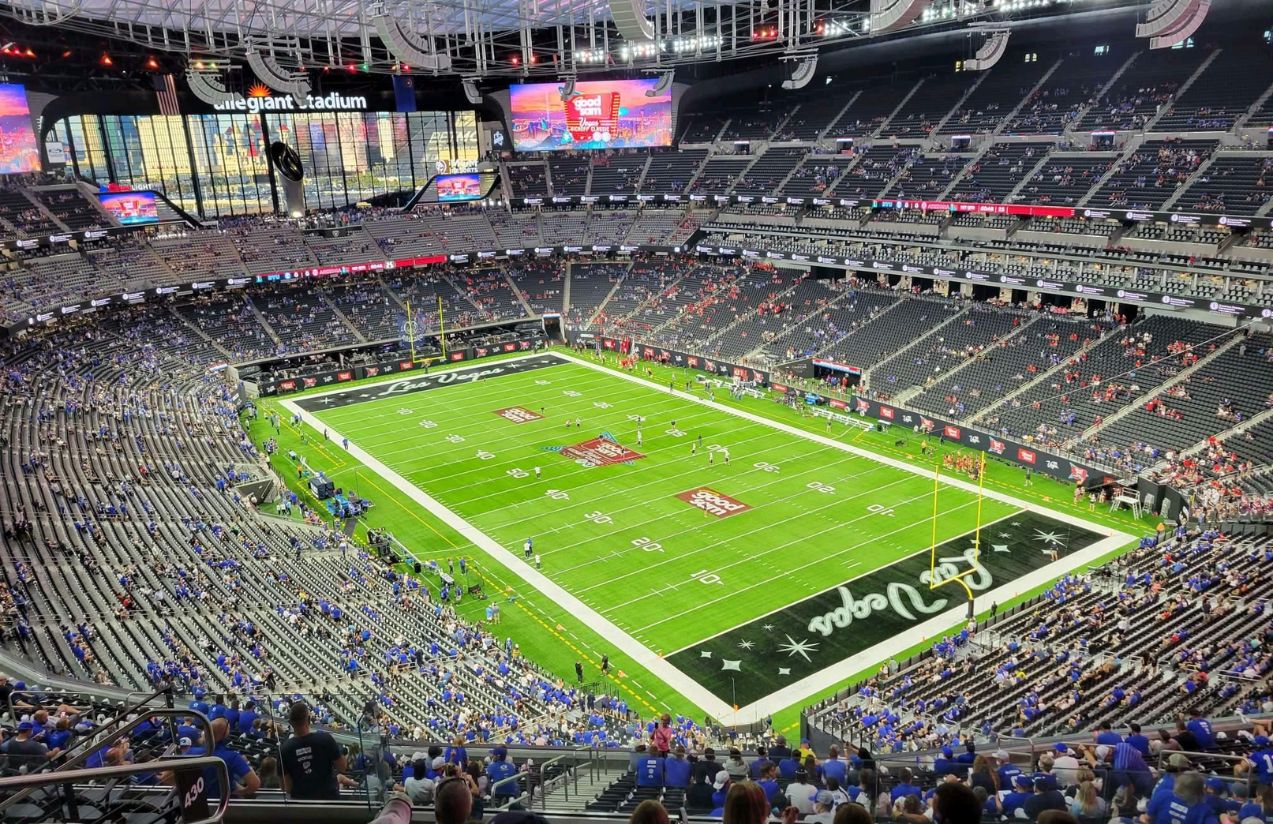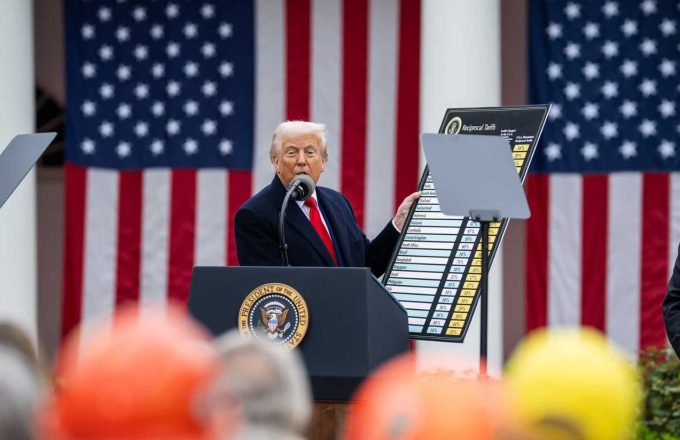The NFL is facing a major controversy that has shaken the foundations of the league. More than 100 players have been sanctioned after being caught participating in the unauthorized resale of Super Bowl LVIII tickets, an event that generated millions of dollars and massive media attention.
According to a report by ESPN, the tickets, originally provided by the league as a benefit for players and their families, were resold on secondary platforms, in some cases for well above face value. This practice, a direct violation of the NFL’s internal policies, was uncovered through a detailed digital transaction investigation led by the league’s security teams.
The penalties imposed vary depending on each player’s level of involvement, ranging from monetary fines to restrictions on future ticket allocations for upcoming Super Bowls. Despite the scale of the scandal, no specific player names have been officially released so far, sparking speculation among fans and analysts alike.

Why is it forbidden for players to resell their Super Bowl tickets?
Because tickets granted by the NFL are considered a personal privilege, not items for commercial use. Unauthorized resale not only violates league regulations, but also risks damaging the NFL’s image and inflating the secondary ticket market.
This incident adds to the growing list of off-field challenges the NFL has faced in recent years. Now, the league is aiming to strengthen its control measures to prevent similar issues in the future.











